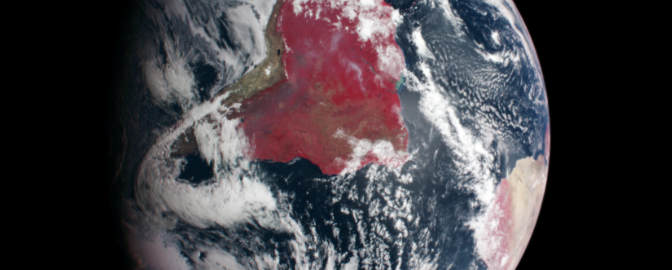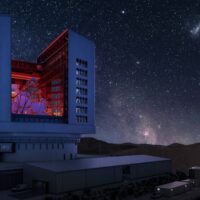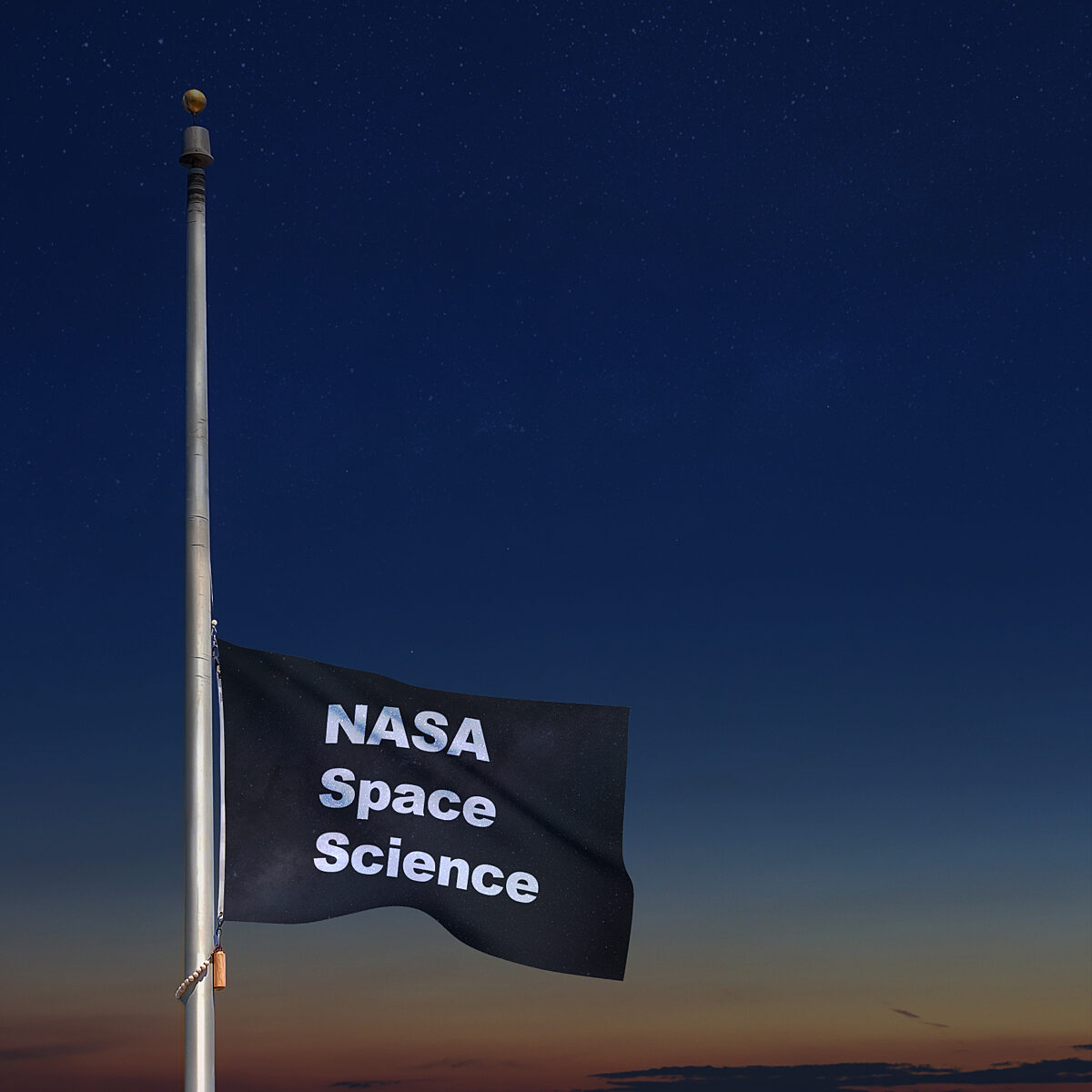Since 2002, Planetary Radio has visited with a scientist, engineer, project manager, advocate, or writer who provides a unique perspective on the quest for knowledge about our Solar System and beyond. The full show archive is available for free.
Search Planetary Radio
Hundreds of advocates joined The Planetary Society and partner organizations in Washington, D.C., to urge Congress to protect NASA’s science budget. Hear from Ari Koeppel, Britney Schmidt, Bill Nye, Rep. Glenn Ivey, Marcel Agüeros, Brandon Jones, and Casey Dreier about this historic Day of Action.
NASA’s Perseverance rover has found potential biosignatures in Jezero Crater’s Bright Angel formation. Host Sarah Al-Ahmed speaks with Joel Hurowitz, associate professor of geosciences at Stony Brook University and lead author of the new Nature paper, about this remarkable discovery.
Bill Nye, CEO of The Planetary Society, celebrates his new star on the Hollywood Walk of Fame and joins us to reflect on its meaning. We also receive the latest space policy updates as NASA faces significant budget challenges.
Join host Sarah Al-Ahmed and Mark McCaughrean, adjunct scientist at the Max Planck Institute for Astronomy, for a tour of “111 Places in Space That You Must Not Miss”, a cosmic travel guide to the Universe.
Host Sarah Al-Ahmed speaks with Staci Horvath, outreach coordinator at NASA Goddard Space Flight Center and director of International Observe the Moon Night, and Theresa Summer, astronomy educator at the Astronomical Society of the Pacific, about the history and global impact of International Observe the Moon Night.
Michael Roman, assistant professor at the Universidad Adolfo Ibáñez in Chile, joins Sarah Al-Ahmed to discuss new research confirming that Uranus radiates excess heat, finally resolving a decades-long mystery first sparked by Voyager 2.
What happens when pro gaming and space science collide? Kyle Hill, head of science education and outreach for the esports team BASILISK, joins us to share how the team is inspiring the next generation of scientists.
JWST has uncovered silicate clouds and a dusty circumplanetary disk in the YSES-1 system. Kielan Hoch and Emily Rickman from the Space Telescope Science Institute join us to explore what these surprising findings reveal about young giant exoplanets.
Star Trek actors Robert Picardo and Tim Russ join Planetary Society staff members Ambre Trujillo and Andrew Pauly at STLV, a “Star Trek” convention, to explore how “Star Trek” inspires real-world space advocacy.
Astronomers have discovered a new interstellar comet, 3I/ATLAS, the third object ever seen entering our Solar System from another star. We speak with Bryce Bolin, research scientist at Eureka Scientific, about what makes this visitor unique and what it can teach us about other worlds.
Erin Flynn-Evans, director of the Fatigue Countermeasures Laboratory at NASA Ames Research Center, shares how sleep science is helping astronauts stay healthy in space and prepare for future missions to Mars.
New Horizons Principal Investigator Alan Stern joins us to celebrate the Pluto flyby’s 10th anniversary, with updates from planetary scientist Adeene Denton and Planetary Society Director of Government Relations Jack Kiraly. Plus, a look at Arrokoth in What’s Up with Bruce Betts.
Former Planetary Radio host Mat Kaplan joins Space for Humanity and Zero-G for a flight that brings weightlessness and wonder to a diverse group of space dreamers. Hear voices from the flight and reflections on what it means to open space to everyone.
The Rubin Observatory releases its first public images, revealing millions of celestial objects. We explore the science with Stephanie Deppe, astronomy content strategist at Rubin Observatory.
Highlights from the 2025 Humans to the Moon and Mars Summit explore why space science is a vital national interest for the United States and how the Artemis Accords are shaping international collaboration in deep space.
The Giant Magellan Telescope advances toward construction with support from the National Science Foundation. Dr. Rebecca Bernstein joins us to explore how this groundbreaking observatory will transform our view of the universe.
Dava Sobel receives The Planetary Society’s Cosmos Award for her extraordinary storytelling about science and discovery. We celebrate her work, hear from Bill Nye, and share updates on space policy and science communication.
Space journalist Sarah Cruddas shares her journey from astrophysics to storytelling, exploring how journalism can make space exploration more accessible and meaningful.
The Fiscal Year 2026 congressional budget justification for NASA could mark the beginning of a dark age for NASA science. We examine what’s at stake and how you can help advocate for NASA’s future.
Explore volcanoes across the Solar System, from lava flows on Venus to icy eruptions on Enceladus and methane activity on Eris, with highlights from past Planetary Radio interviews. Plus, Bruce Betts shares new Juno insights from Jupiter’s moon Io.


 Explore Worlds
Explore Worlds Find Life
Find Life Defend Earth
Defend Earth





















